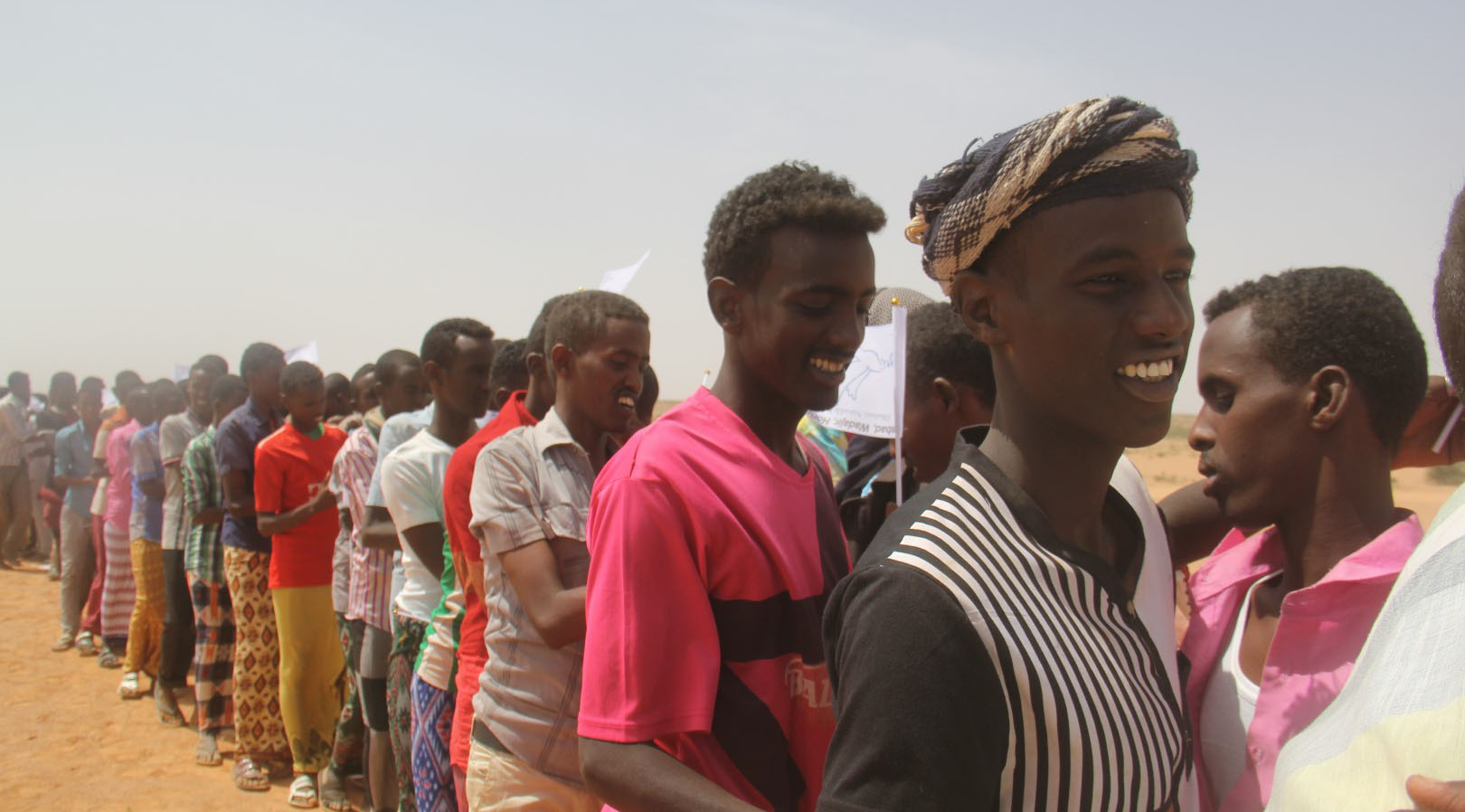Countering violent extremism (CVE) is a key priority for the international community. Traditional methods have sought to respond to these phenomena through a security framework, often leading to a military response to “counter” the threat posed by armed groups. However, this costly approach has yet to demonstrate its effectiveness, as it often increases rather than diffuses tension. From its experience working in 23 conflict zones worldwide, Interpeace has found that CVE strategies need to pay more attention to two key elements:
First, international actors need to understand violence from a local perspective. From 2005-2011 the international community responded to Somali piracy through increasing security upon vessels at great cost. Interpeace, realizing that the pirates held a monopoly of information and as such had presented themselves as freedom fighters combating Western imperialism, erected mobile audiovisual units and presented footage from other communities explaining how piracy contravened Somali and Muslim values. Following these screenings, local communities took action against the pirates themselves. Understanding local perspectives on violence is key to designing the right strategy and avoiding reinforcing the violent groups’ narrative.
Second, there needs to be a focus upon local resilience capacities. Interpeace’s experience shows that even in the most difficult situations, people develop coping capacities and strategies for peace. Take Libya: given the circumstances faced by Libyans it is perhaps surprising how much of the country remains relatively peaceful. Through documenting stable communities Interpeace’s ‘Peace mapping’ research has identified common factors of resilience. Communities which had strong leadership, community cohesion, positive and inclusive identity construction, and were willing to learn from other communities were more likely to remain peaceful. The international response should seek to build upon these strengths if it wishes to expand these islands of stability.


